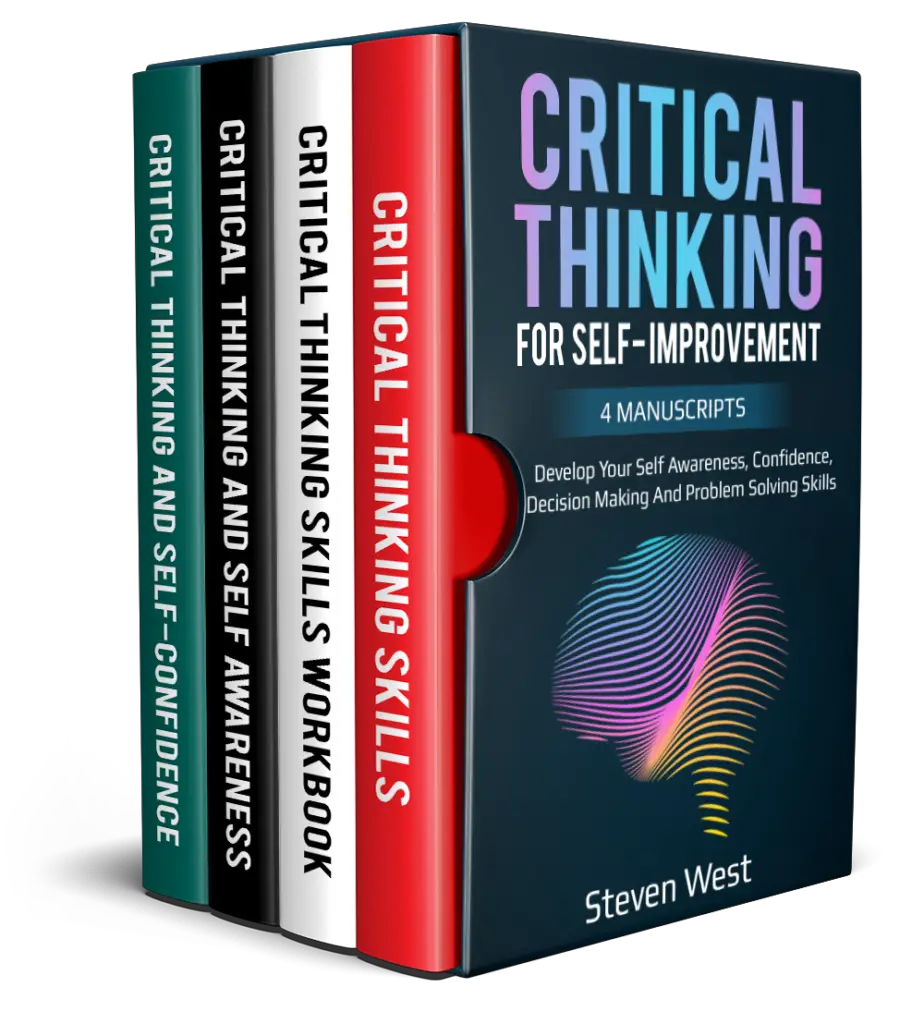Link the Dots: Critical Thinking Skills intended for Effective Learning

Critical thinking is an essential skill for students as they understand their educational voyage and prepare for the complexities of the real entire world. In a age where information is ample and readily available, to be able to analyze, examine, and apply understanding is far more important compared to ever. Strong essential thinkers not only exceed academically and also create the confidence and even independence essential for powerful decision-making. This article will explore the essential crucial thinking skills just about every student needs, how to identify these abilities in their classroom, and the particular traits that characterize effective student critical thinkers.

As educators, recognizing and nurturing essential thinking abilities in students can have a deep impact on their very own success. From picking out logical reasoning in order to evaluating problem-solving skills, understanding these components will help guide tutorial strategies. By fostering an environment that encourages curiosity, questioning, in addition to open discussion, we can cultivate a new classroom culture exactly where critical thinking thrives. In the subsequent sections, we may delve deeper into the key traits of strong critical thinkers and exactly how these kinds of skills can be developed and examined throughout a student's understanding experience.
Essential Critical Thinking Skills
Critical thinking is usually a vital skill for every pupil, enabling them to be able to analyze information, evaluate arguments, and help to make reasoned decisions. With its core, crucial thinking involves to be able to question and measure the validity of information. This method encourages students to check beyond surface-level details and search for deeper understanding, fostering an atmosphere where attention and analytical skills can thrive. Students who cultivate these types of abilities are much better able to tackle complicated problems, whether within academic settings or perhaps in real-world conditions.
One particular of the important components of critical thinking is the ability to identify between objective facts and subjective views. Students must learn to identify reliable causes of information and notice biases that may influence their understanding. By honing this particular skill, they can engage in discussion posts and debates having a more informed point of view. This not simply enriches their unique knowledge but also improves their ability to be able to communicate ideas effectively to others, an attribute that is very helpful in both educational and professional situations.
In addition, strong critical thinkers are adept at asking the right inquiries. They don't merely accept information at face value; they delve deeper, looking for to understand the underlying assumptions and even implications. This inquisitive mindset not just leads to a new deeper comprehension associated with subjects but furthermore fosters resilience in problem-solving. By motivating students to accept skepticism and obstacle conventional wisdom, we empower them to develop some sort of robust framework for evaluating information, producing sound decisions, and navigating the complexity of the global around them.
Identifying Strong Critical Thinkers
Identifying strong critical thinkers in the classroom requires eager observation of particular behaviors and attributes. These students regularly exhibit curiosity and a willingness to explore complex questions. These people engage deeply together with material, often wondering clarifying questions of which indicate a want to understand principles rather than only memorize facts. When presented with fresh information, they continue to be skeptical, evaluating sources and considering multiple viewpoints before creating conclusions.
Another key feature of effective crucial thinkers is their very own proficiency in examining arguments. These learners can distinguish among logical reasoning plus emotional appeals, enabling them to build sound arguments based on evidence. They recognize logical fallacies and are adept at deconstructing flawed thought, which showcases their own ability to consider analytically. In conversations, they display outstanding communication skills, articulating their thoughts obviously and constructively difficult the ideas of others.
Moreover, strong critical thinkers demonstrate the ability to are convinced independently. They are not easily influenced by popular thoughts and opinions and can discover their own biases, showing a determination to objective analysis. Their decision-making expertise reflect a thoughtful evaluation of alternatives and consequences. Simply by actively participating in debates and discussions, they further grow their critical thinking capabilities, constantly refining their thought processes through conversation with peers.
Developing Critical Thinking in Students
Creating critical thinking abilities in students is usually essential for their academic and personal growth. One efficient approach is to make an environment in which questioning is prompted. When students feel comfortable asking queries and challenging concepts, it fosters the culture of interest and open-mindedness. Teachers can facilitate discussion posts that explore various perspectives, prompting pupils to articulate their particular thoughts and offer facts to support their particular viewpoints. Web Site improves their reasoning skills but additionally builds their particular confidence in articulating opinions.
Another key approach for developing critical thinking is by way of engaging activities of which require analysis and even evaluation. Projects of which involve problem-solving, argument, or case scientific studies enable students to utilize logic and reason in real-world scenarios. By analyzing critical reasoning skills of data and weighing various arguments, students learn to differentiate in between facts and viewpoints. This hands-on experience helps them identify biases, recognize reasonable fallacies, and refine their capacity to help make informed decisions. These kinds of activities can furthermore spark interest in subjects that might on the other hand seem tedious.
Finally, reflection and self-assessment play a crucial role in nurturing essential thinkers. Encouraging pupils to evaluate their own thought processes and decisions encourages metacognition, which is typically the awareness of one's own thinking. Reflective practices, such as journaling or class discussions, allow students to consider precisely what they also have learned plus how they might enhance their reasoning abilities. By regularly highlighting on their thought patterns, students may develop a better foundation in critical thinking, ultimately setting up them to be successful in both academic things to do and real-world issues.
